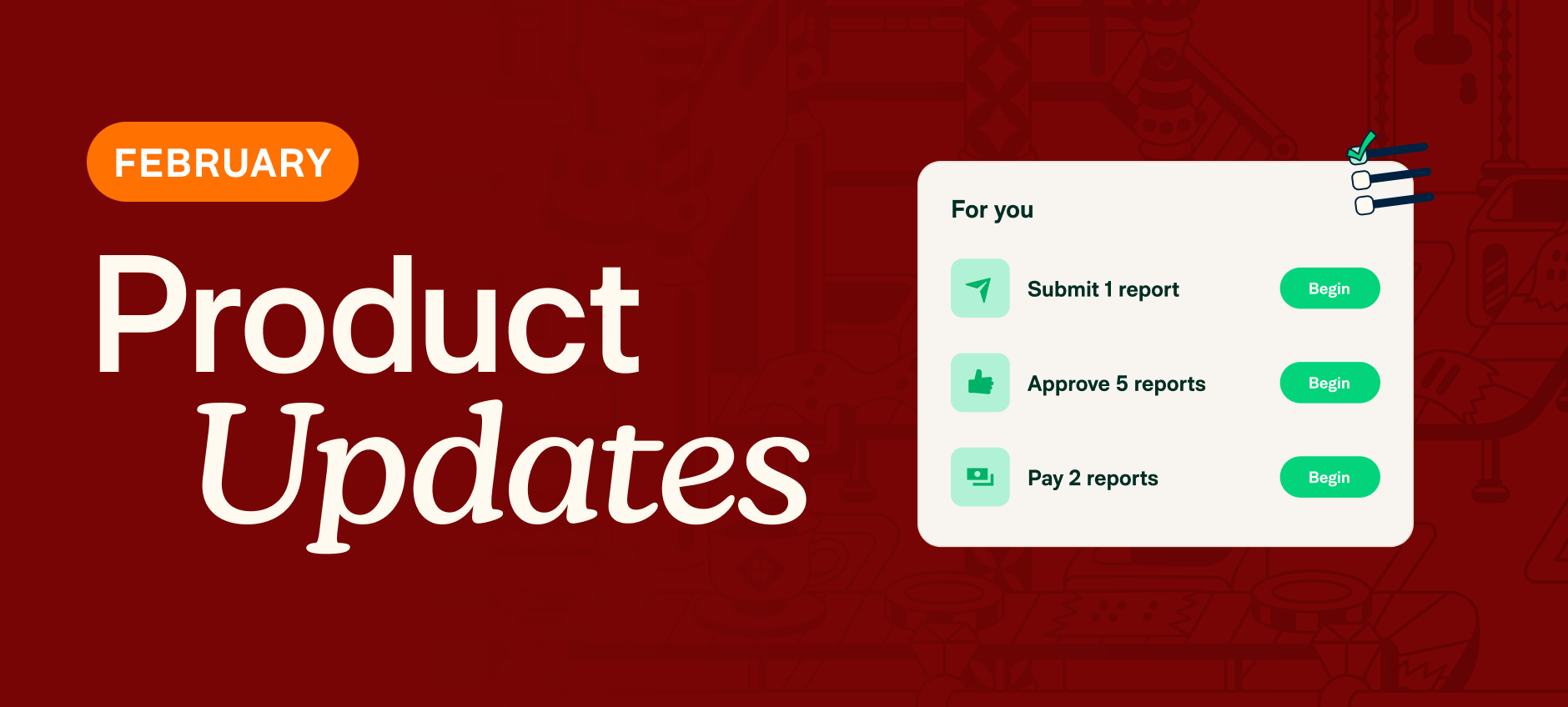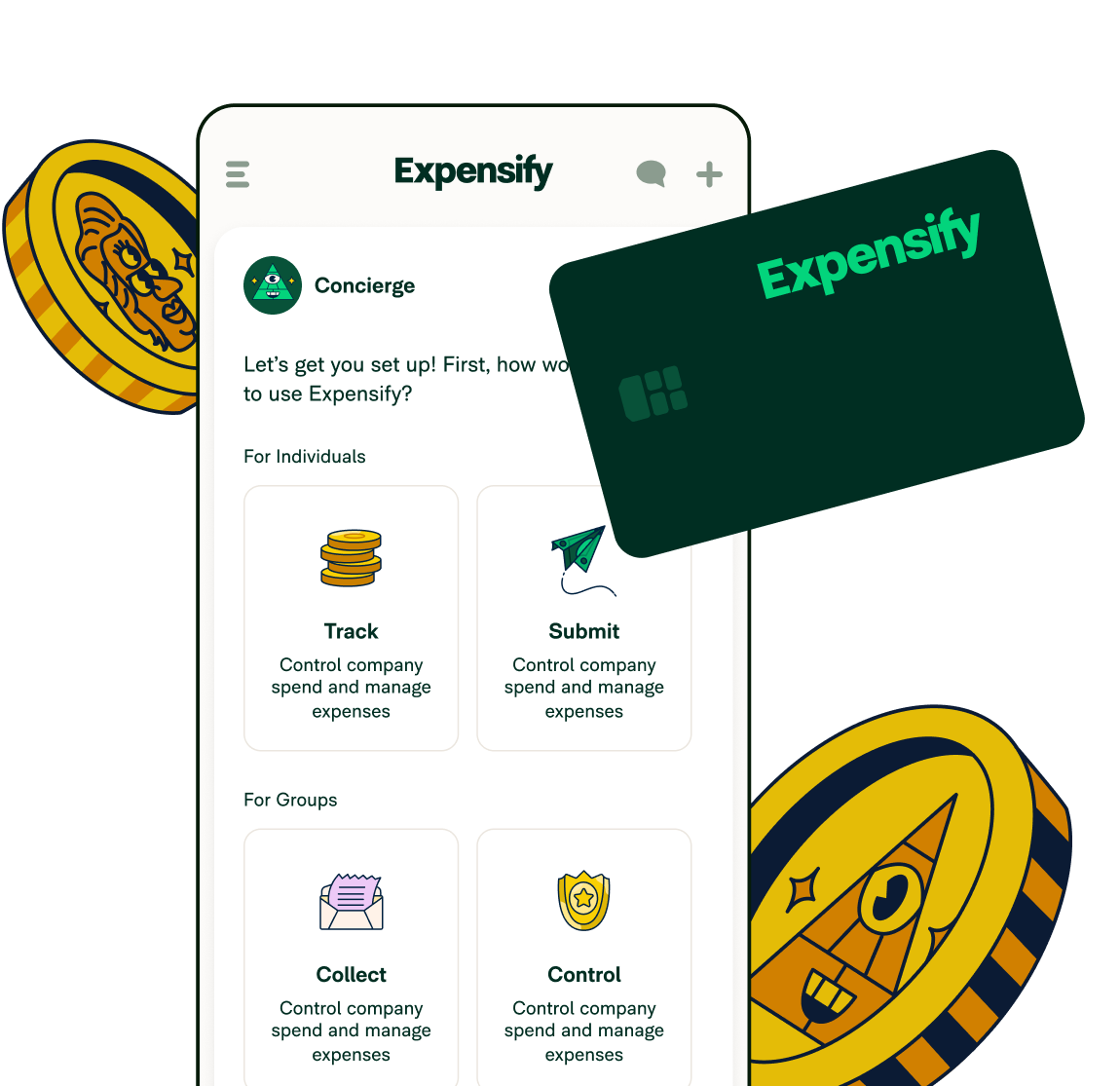Can I write off business expenses on my personal taxes?

Tax season can be a tricky time for self-employed individuals, freelancers, and small business owners. The concept of tax deductions is particularly enticing when you think about reducing the amount you owe to the IRS. But what expenses can you actually write off? If you're asking yourself whether you can deduct business expenses on your personal taxes, you're not alone.
In this blog post, we’ll break down the tax implications of business versus personal expenses, explore common deductions, explain how to report your expenses, and highlight the benefits of accurate record-keeping. We’ll also dive into common FAQs and provide tips on how to track your expenses efficiently.
Tax implications: Business vs. personal expenses
When it comes to filing taxes, it's essential to understand the difference between business and personal expenses. This distinction will help you know what can and cannot be deducted on your personal tax return.
Business expenses are costs that are both "ordinary" and "necessary" to operate your business. In IRS terminology, "ordinary" means the expense is common and accepted in your industry, while "necessary" means it is helpful and appropriate for your business.
If you’re self-employed, these expenses could range from office supplies and equipment to marketing costs and professional fees. The goal of deducting these expenses is to reduce your taxable income, thus lowering your overall tax liability. For example, if you make $80,000 from your business and have $20,000 in legitimate business expenses, you only pay taxes on $60,000.
Personal expenses, on the other hand, are costs that pertain to your day-to-day life but are not related to your business. Things like groceries, rent (if you're not using a home office), entertainment, and clothing typically fall under this category. These expenses are not deductible on your personal tax return, even if they help you indirectly in your work life.
However, the IRS does allow you to claim certain mixed-use expenses (like a home office or vehicle) if they are partially used for business purposes, as long as you can document the split between personal and business use. By accurately separating your business and personal expenses, you maximize the tax benefits available to you while ensuring you’re not overstepping IRS rules.
Commonly deductible business expenses for solopreneurs and small business owners
Now that you understand the difference between business and personal expenses, let’s explore some common spending you can claim as self-employed and small business tax deductions.
Home office expenses: if you work from home, you may be eligible to deduct a portion of your rent or mortgage, utilities, and even furniture or equipment purchases for your home office. The key is that the space must be used regularly and exclusively for business. You can choose to deduct a portion of your overall household expenses based on the square footage of your office, or use the simplified method, which allows a deduction of $5 per square foot of office space (up to 300 square feet).
Business supplies: everyday business supplies such as paper, pens, computers, printers, and software subscriptions are deductible. These are the items you use directly for running your business, and claiming them as deductions can significantly reduce your taxable income.
Travel expenses: if your business requires travel, you can deduct the cost of transportation, lodging, and meals while you're away. Be mindful that meals are only 50% deductible, and the travel must be strictly for business purposes. Expenses like airfare, hotel stays, and local transportation (taxis, Ubers) are eligible for deductions.
Professional fees: whether you pay for accounting services, legal advice, or hire a marketing consultant, these professional fees are deductible. Any service that contributes to the operation and growth of your business qualifies.
Additional expenses you may be able to deduct include the business portion of your phone and internet bills, costs related to continuing education (like attending workshops or courses), and auto expenses if you use your vehicle for business. For the latter, you can either use the standard mileage deduction or deduct actual vehicle expenses like gas and maintenance.
While many business expenses are deductible, certain limits do apply. For example, the IRS only allows a 50% deduction on meals, and personal hobby expenses cannot be written off unless the activity is truly a for-profit business. Be sure to understand these limitations so you don’t accidentally claim ineligible expenses.
Filing and reporting
When tax season rolls around, it’s time to report your business expenses on your tax return. If you're self-employed or operate a small business, you'll likely file your business expenses on Form 1040 Schedule C. This form is used to calculate your business’s profit or loss, and the total gets transferred to your personal tax return, reducing your overall taxable income.
A few common mistakes to avoid include failing to document your expenses properly, mixing personal and business expenses, or overestimating the business use of your home or vehicle. Accurate reporting is essential to avoid penalties and stay on the IRS’s good side.
Benefits and limitations
Deducting legitimate business expenses offers clear advantages: it reduces your taxable income, lowers your tax bill, and puts more money back in your pocket. Additionally, tax deductions allow you to reinvest in your business by freeing up cash that you would otherwise owe to the government.
However, there are risks involved in incorrectly deducting expenses. Filing inaccurate deductions on your Schedule C can trigger an IRS audit, and you may face penalties for claiming personal expenses as business write-offs. To avoid these issues, ensure you’re only deducting allowable expenses and keeping thorough documentation.
While audits aren't common, they do happen. Being audit-ready involves keeping meticulous records and being able to justify every deduction you claim. Proper documentation can save you a lot of stress if the IRS comes knocking.
The importance of accurate record-keeping for tax season and beyond
Accurate record-keeping is the foundation of a smooth tax season and essential for maintaining a clear financial picture of your business. Organized records ensure that you can claim all eligible small business or self-employed tax deductions and provide documentation if needed.
Benefits of organized records
Maximizing deductions: organized records help you identify and claim all allowable expenses, ensuring you're not leaving money on the table.
Simplifying tax filing: with all your receipts, invoices, and expense reports in order, filing taxes becomes much easier and less time-consuming.
Proof for audits: in the event of an audit, detailed records provide the proof you need to justify your deductions and avoid penalties.
Record-keeping recommendations
Separate business and personal finances: maintain a dedicated business bank account or at least keep clear categories within your personal account for business transactions.
Organize receipts: store and categorize receipts for every business purchase, either physically or with a receipt-scanning app.
Track mileage: if you use your vehicle for business, be diligent in tracking your mileage. You can use the standard mileage rate or actual expenses to calculate the deduction.
Use a notebook or spreadsheet: If you’re just starting out, a simple spreadsheet or notebook can suffice for expense tracking, though consider transitioning to expense management software as your business grows.
FAQs about writing off business expenses on personal taxes
-
To claim business expenses on personal taxes, self-employed individuals should use Form 1040 Schedule C, which allows you to report your income and deductions, reducing your taxable income.
-
Business expenses can lower your overall tax liability by reducing your taxable business income. However, they don’t directly offset personal income from non-business activities.
-
Common 1099 write-offs include home office expenses, supplies, travel costs, professional fees, and business-related phone and internet expenses.
-
There are no specific limits on most business expenses, but deductions like meals and vehicle use come with certain restrictions.
-
You’ll need receipts, invoices, bank statements, and mileage logs to substantiate your business expenses.
-
Yes, as long as the space is used regularly and exclusively for business, you can deduct a portion of your home office expenses.
Track your expenses with Expensify
Managing and tracking business expenses can feel overwhelming, but with Expensify, it doesn’t have to be. Expensify allows you to seamlessly organize receipts, track mileage, and categorize your business expenses—all in one place.
Ready to get started? Enter your information below, and we’ll take it from there.








